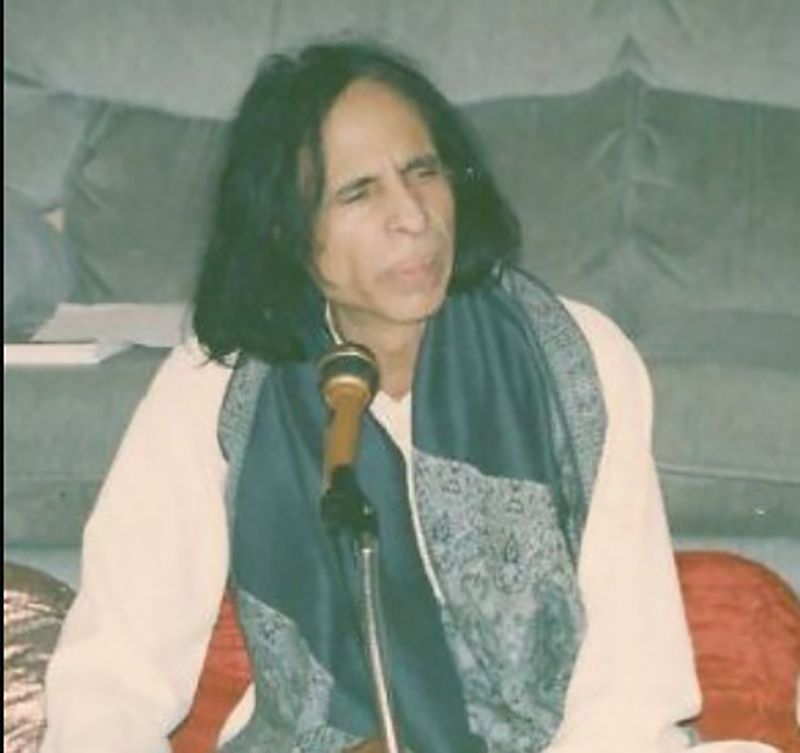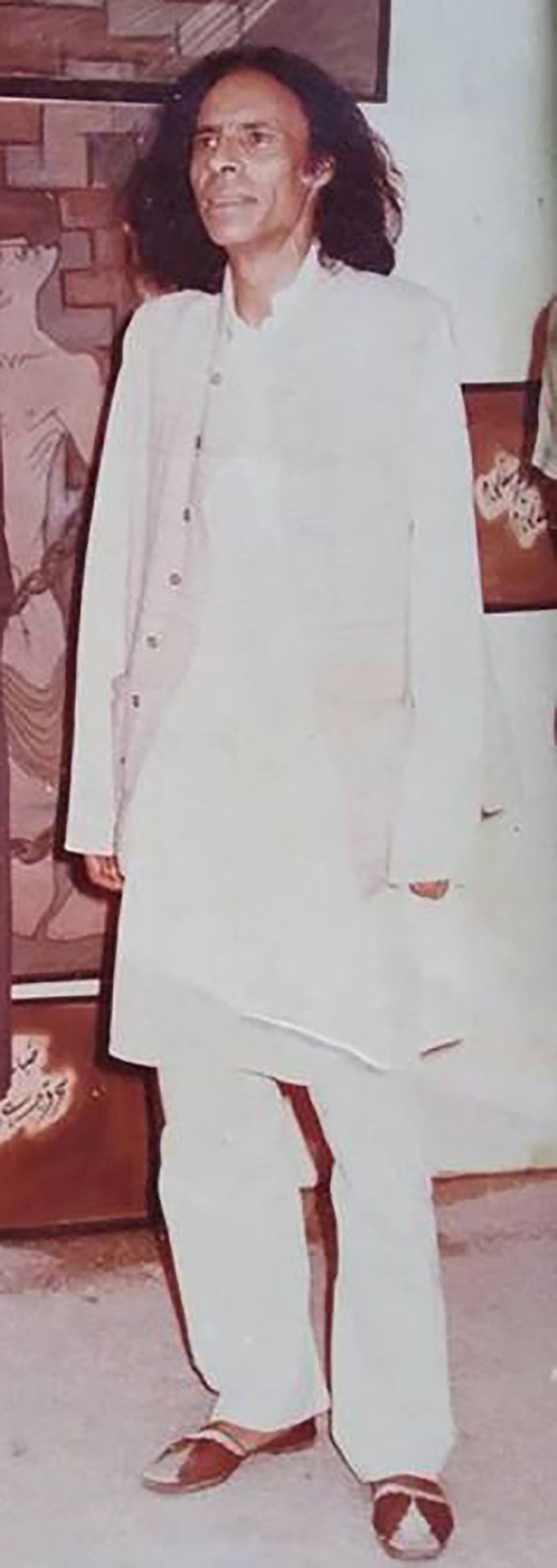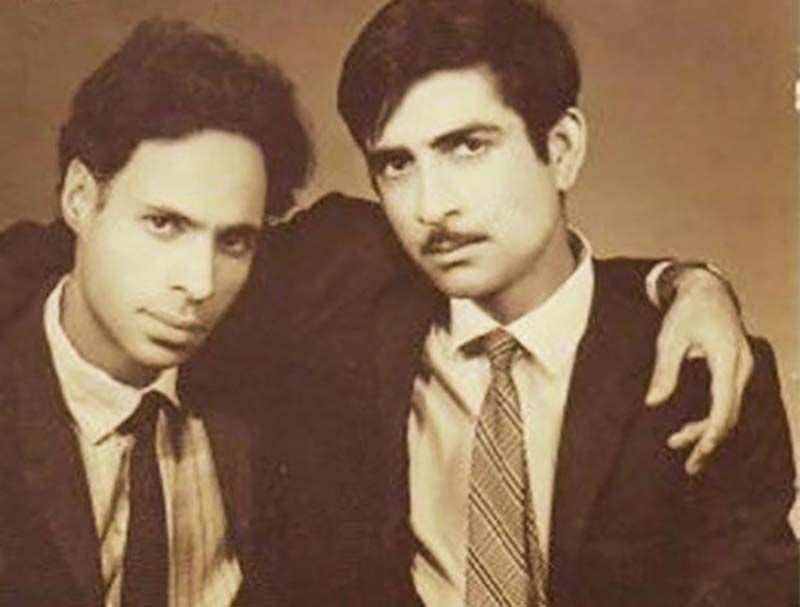Jaun Elia Age, Death, Wife, Family, Children, Biography & More
Quick Info→
Hometown: Amroha, Uttar Pradesh
Wife: Zahida Hina
Age: 70 Years (at The Time Of Death)
| Bio/Wiki | |
|---|---|
| Birth name | Syed Sibt-e-Asghar Naqvi |
| Profession(s) | Poet, Philosopher, Biographer & Scholar |
| Physical Stats & More | |
| Eye Colour | Black |
| Hair Colour | Black |
| Career | |
| First Book | Shayad (1991)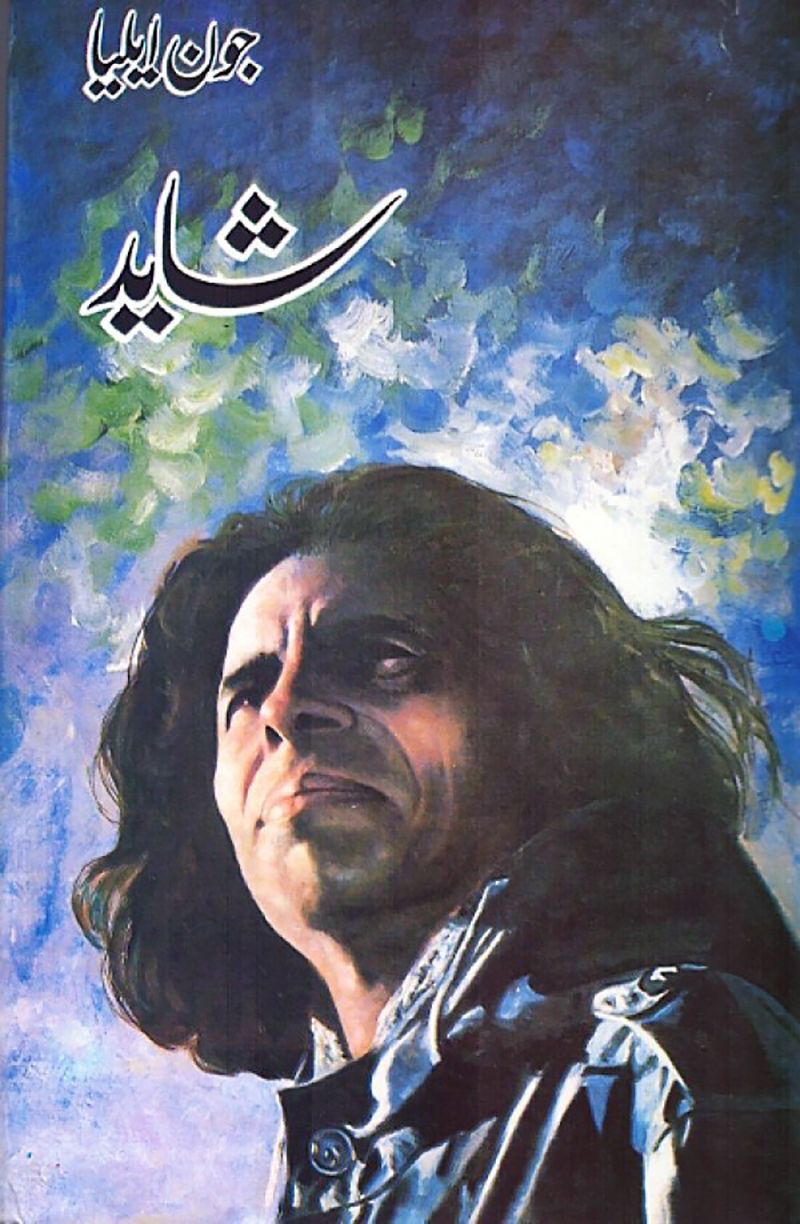 |
| Notable Work(s) | • Sukhan Meri Udasi Hai • Zakham e Umeed • Mubada • Tumharey Aur Mere Darmiyan • Daricha Haye Kheyal • Qitaat • Jaun Elia Ki Tamam Ghazlain (parts I-III) • Inshaye aur Mazaameen • Farnood (Essay and Editorials by Jaun Elia) |
| Notable Translation(s) | • Masih-i-Baghdad Hallaj • Jometria • Tawasin • Isaghoji • Rahaish-o-Kushaish • Hasan bin Sabah • Tajrid • Masail-i-Tajrid • Rasail Ikhwan al Safa |
| Personal Life | |
| Date of Birth | 14 December 1931 (Monday) |
| Birthplace | Amroha, British India (now in Uttar Pradesh, India) |
| Date of Death | 8 November 2002 (Friday) |
| Place of Death | Karachi, Sindh, Pakistan |
| Age (at the time of death) | 70 Years |
| Death Cause | He died of Tuberculosis. |
| Zodiac sign | Saggitarius |
| Signature | 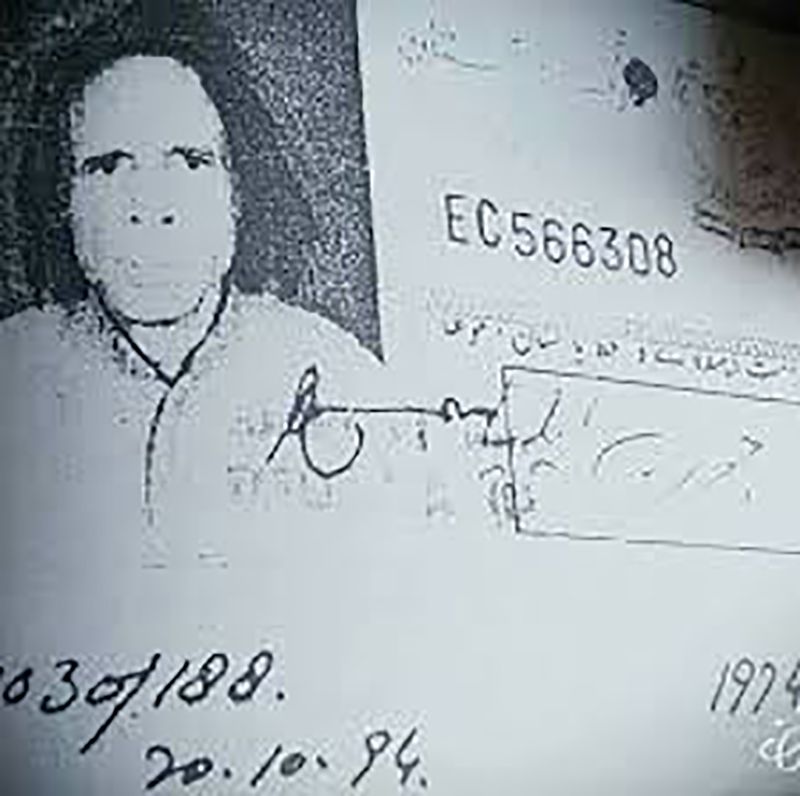 |
| Nationality | Pakistani |
| Hometown | Amroha, Uttar Pradesh |
| School | Darul Uloom Syed Ul Madaris in Amroha |
| Educational Qualification | Studied Persian and Arabic from Darul Uloom Syed Ul Madaris in Amroha, a madrasa affiliated to Darul Uloom Deoband, an Islamic university in Uttar Pradesh |
| Religion | He was born in a Muslim Family. He doesn't believe in sect or religion and identified himself as an agnostic. [1]The Nation |
| Community | Shia Muslim [2]The Nation |
| Political Views | He identified himself as Marxist, nihilist, and anarchist. [3]The Nation |
| Marital Status (at the time of death) | Divorced |
| Marriage Year | 1970 |
| Family | |
| Wife/Spouse | Zahida Hina (Story Writer and Columnist; m.1970-d.1992) |
| Children | Son(s)- Zeryoun Elia and Fainaana Farnaam Daughter- Sohaina Elia 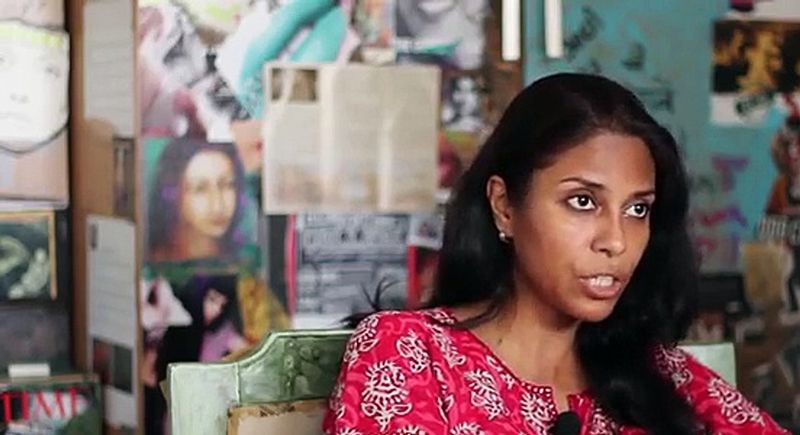 |
| Parents | Father- Allama Shafique Hassan Elia (Scholar of Astronomy and Literature) Mother- name not known 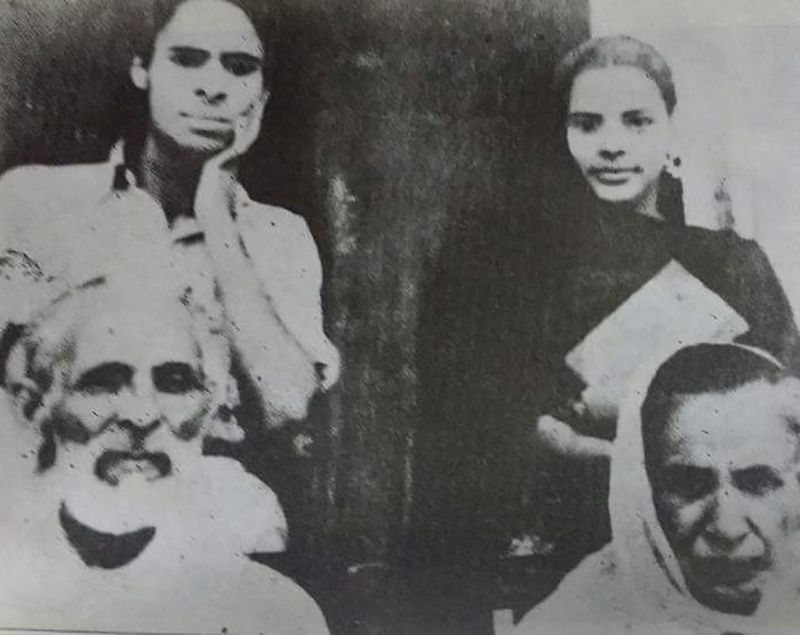 |
| Siblings | Brother(s)- Rais Amrohvi (Journalist and Psychonaut), Syed Muhammad Taqi (Journalist and Psychonaut), Mohammad Abbas Sister- Sayyada Shahezanan Najafi Naqvi 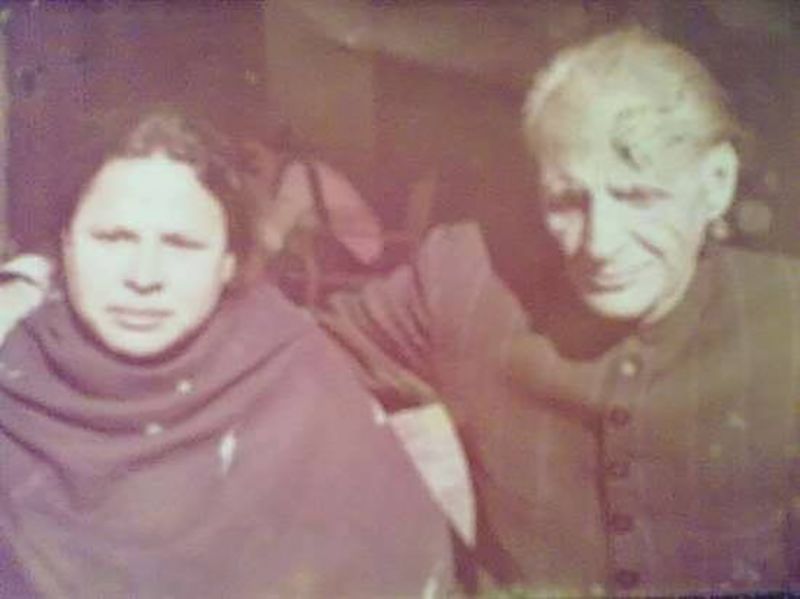 |
| Favourite Things | |
| Food | Lal Mirch Keema, Samosa |
| Poet | Mir Taqi Mir |
Some Lesser Known Facts About Jaun Elia
- Did he smoke?: Yes [4]The Tribune
- Did he drink alcohol?: Yes [5]The Tribune
- Jaun Elia is a prominent modern Urdu Pakistani poet. He is also one of the most googled Pakistani poets.
- He attained the knowledge of philosophy, logic, Islamic history, the Muslim Sufi tradition, Muslim religious sciences, Western literature, and Kabbala. Jaun was well-versed in English, Persian, Hebrew, Sanskrit, Arabic, and Urdu.
- His father, Shafique Elia was well-versed Arabic, Hebrew, Persian, and Sanskrit languages. His father corresponded with scholars and scientists including Bertrand Russell at the Royal Observatory in Greenwich, England,
- His cousin, Kamal Amrohi (born Syed Amir Haider) is a veteran Indian filmmaker. His film includes Mahal (1949), Pakeezah (1972), and Razia Sultan (1983).
- He started to write poems at the age of 8. However, his first collection of poems “Shayad” (1991) was published when he was 60.
- In 1958, he wrote editorials for the “Insha,” a magazine edited by his brother, Rais. He also worked for ‘Suspense’ digest.
- In 2003, the second collection of his poems “Ya’ani” was published posthumously.
- His companion, Khalid Ansari published his collection of poems, “Guman” in 2004, “Lekin” in 2006, and “Goya” in 2008.
- He was also an editor with Ismaili Tariqah and Religious Education Board in Karachi, Sindh, Pakistan.
- He has translated various Mautazalite treatises (a book on 12th century Fatimid revolutionary Hassan Bin Sabbah) and various text of Ismaili sect in Islam, in Urdu language and literature. He has not only translated books but has also introduced new words in Urdu. His translations and proses can be found at Ismaili Tariqah Board libraries in Karachi.
- His poetry often depicts pain, sorrow, and love. He is known as the poet of pain and sorrow. It is believed that his sadness comes from his separation from ‘Fariya,’ a girl in Amroha whom he loved. He has also made a poem on the girl. However, many believe that the word ‘Fariya’ implies ‘happy’ in the poem. Some believe his sorrow comes from separation from his village ‘Amroha’ and separation from his wife.
- For his literary work, he has received the Presidential Pride of Performance Award.
- His views on religion can be derived from his conversation with his close friend and poet Mir Zafar Hassan,
My dear Mir Zafar Hasan, you’re one lucky person. You are an exceptionally good poet and at the same time you’re extremely fortunate. You are Mir, but you can be Zafar, and you can also be Hassan whenever you feel the need for it. You can be a Sunni, and you can turn into a Shia if you so desire. But I, Jaun Elia, despite being an agnostic, will always be a Syed. Isn’t it sad?”
References/Sources:

